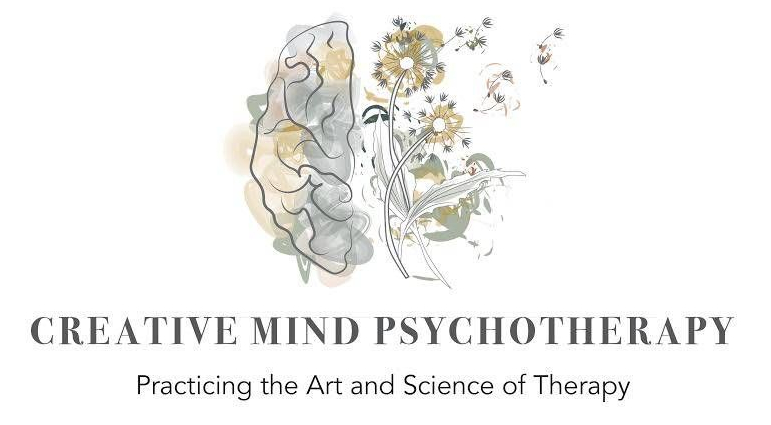
FAQs
I have never been to therapy before, what can I expect in my first session?
Your first session at CMP is information gathering. Your therapist is getting to know you- where you come from and what you want to accomplish.
Individual sessions- Your first individual session will be a 90 minute session in which your therapist will be getting both historical information (past treatment, family history, past experiences) and current information (symptoms, goals, likes/interests). The therapeutic relationship is a key part in the success of treatment. Come with questions. Therapy sessions are YOUR time and our goal is provide the best treatment possible.
Relational sessions- Your first session will be a 90 minute session. The first 30 minutes will be as a couple. The therapist will then split the couple and allow each individual 30 minutes with the therapist. It is not uncommon for each person in the relationship to have different or even conflicting views on the current challenges in the relationship. In keeping with strategies used in the Gottman Method of Couples Therapy treatment of the relationship is most effective when the clinician have a clear picture of the system as a whole.
I have been to therapy before, how is therapy at Creative Mind Psychotherapy different?
So you have been to a therapist before… Some people have had great experiences, mediocre experiences, or even negative experiences. We want to know about what worked or what didn’t work. What did you like or not like and why?
At CMP we strive to create a personal experience for each client. You are not just a number. We believe getting to know you and your unique experience is essential for effective treatment.
As mentioned, your first session will be gathering information and getting to know you. You will leave your 2nd session with collaboratively identified, specific goals for treatment. There will be no guess work if you are making progress toward your goals. Your therapist will provide weekly (or bi-weekly depending on session frequency) progress check-ins and specific action steps toward your longer-term goals throughout your treatment.
How long will therapy take?
That is a valid, but complicated question. The length of treatment depends on many factors including: your desire for personal development, your commitment, the factors that are driving you to seek therapy, and of course life circumstances that occur outside of the therapy session.
This will be an ongoing conversation between you and your therapist. Our goal is for clients to feel confident in their ability to utilize learned tools and strategies so that session frequency can decrease.
How can I get the most out of my therapy?
Here are a few tips for getting the most out of therapy at CMP:
1- Do the work outside of therapy. At CMP an important part of our treatment approach is to provide “assignments” outside of the therapy room. These assignments could consist of written exercises, but more often they will consist of “doing something”. For example: behavioral experiments/interventions in which the client applies learned strategies to real world scenarios
2- Take ownership of your time. Your therapy session is YOUR time to work toward the goals that are important to you. We encourage clients to ask questions about their treatment, interventions, and progress.
3- Be realistic about timelines for change. Changing patterns and creating new neural pathways requires repetition. Our goal for treatment is to achieve lasting change.
